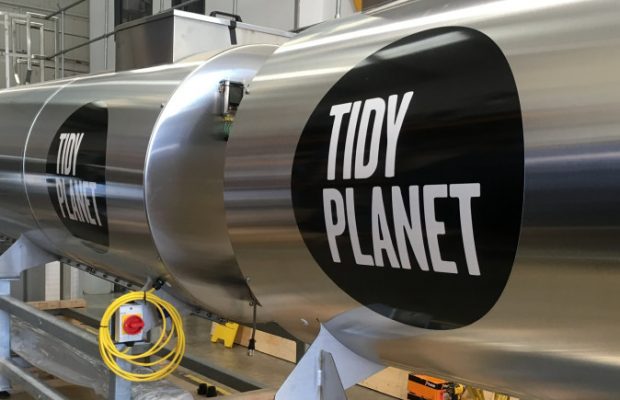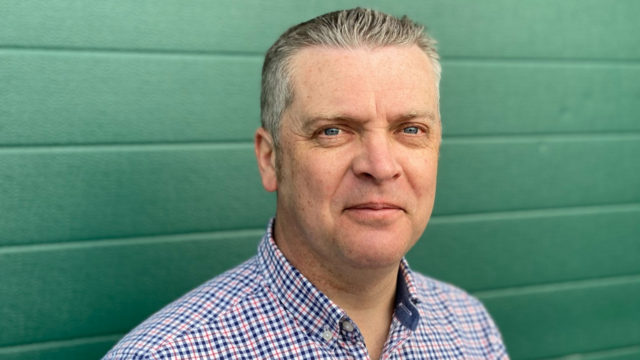- Home
- News
- What’s On
- Activities for Children
- Arts & Crafts
- Autos and Bikes
- Business events
- Car Boot & Auctions
- Charity events
- Churches & Religious
- Comedy
- Dance
- Days out & Local interest
- Education
- Exhibition
- Film
- Gardening & Horticulture
- Health
- Markets & Fairs
- Music
- Nature & Environment
- Spiritual
- Sport
- Talks and Discussions
- Theatre and Drama
- Business
- Local Information
- Jobs
- Deaths
- Charity events
- Contact Us
Tidy Planet expansion

Macclesfield-based Tidy Planet has expanded its operations into Italy, appointing environmental solutions firm Ecologia Soluzione Ambiente (ESA), as the exclusive Italian partner of its food waste composting technology.
The move aims to promote greater resource efficiency – through using food waste recycling solutions – across the Italian and Egyptian markets.
ESA – the 17 million-turnover company – has over 50 years’ experience within the environmental sector and several specialist divisions, including wastewater treatment, landfill remediation, waste collection systems and plants which demilitarise arms and explosives.
An increasing appetite in Italy for composting and decentralised food waste infrastructure is the main driver behind the partnership – which will see ESA receive a range of Tidy Planet’s Rocket Composters in 2021.

Commenting on the food waste landscape in Italy, Tidy Planet’s composting expert, Huw Crampton, said: “Italy, like many other European Union (EU) Member States, is under pressure from its government and policymakers to minimise its carbon emissions, and demonstrate the country is working towards the United Nation’s 17 sustainable development goals.
“Environmental awareness is growing in Italy, and composting is becoming an increasingly favoured solution. This is also coupled with a new update in Italian law, which allows small-scale, municipal composting to be implemented more easily – making it a higher, and more favourable, priority on the waste management agenda, especially for the public sector.”
Numerous pilot projects will be taking place in Italy, this year.
Elaborating on the current landscape in Italy, ESA’s president, Enrico Benedetti, said: “There’s an upward composting trend in our country at the moment – with a handful of municipalities having already released tenders to supply in-vessel composters to remote communities.
“At the heart of this partnership is the desire to equip our nation’s villages with improved waste equipment and a more sustainable infrastructure for the future.
“If we’re able to process our food wastes at source, this will not only reduce disposal costs, but it will also drastically decrease our carbon footprint – with less collection vehicles on the roads – and allow for a landfill diversion strategy that truly improves the recycling and segregation of food waste.”
The country’s Biorepak scheme – which centres around extended producer responsibility for compostable packaging – also came into force in 2020, to help reach the Waste Framework Directive’s target of recycling 65% of municipal waste by 2035.
“At ESA, we’re always intent on expanding our circular economy offering, so we contacted Tidy Planet last year to combine our skills and experience,” Benedetti added.
“We knew they had a global client base and a strong reputation in industry, and this greatly complemented ESA’s strong technological know-how and international presence – the partnership was a perfect fit.
“We visited some of their decentralised composting sites in the UK prior to the pandemic and were really impressed with the systems and the results, hence the decision to represent them in our homeland.
“We’re excited to launch the university project this year and look forward to working closer with the firm, to help our country meet its recycling targets in 2021 and beyond.”

You must be logged in to post a comment Login